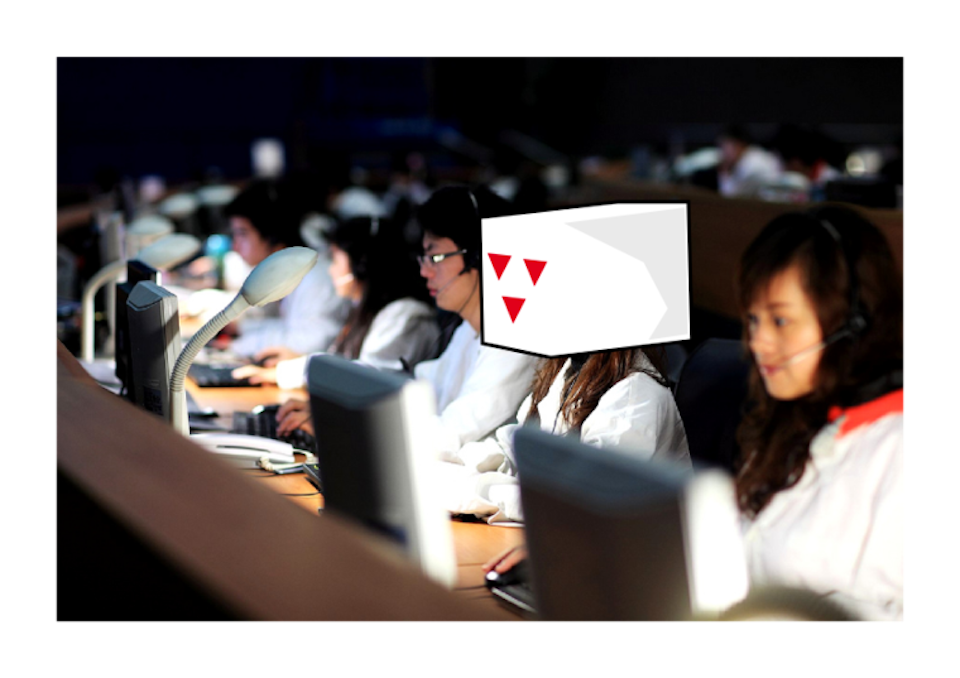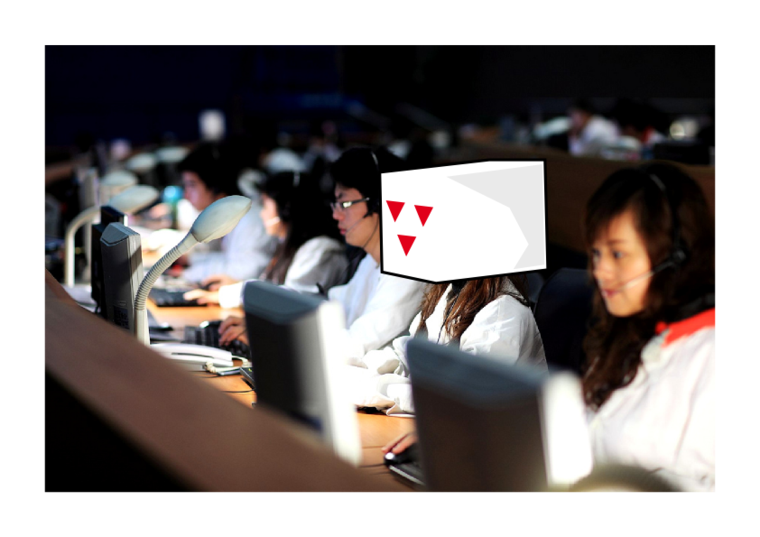We will be joining in the conversation at Open Design / Shared Creativity Conference in Barcelona, on July 2nd and 3rd to present a scenario for radical innovation, based on a radically open process.
In 2008 we created REFF, RomaEuropa FakeFactory, a meta brand ( an open source brand, a brand which anyone sharing an ethical approach can use, with the results benefiting the whole p2p network of individuals and groups who participate in the brand itself ) which we created to confront Italy’s difficult scenario for what concerns public policies for arts and creativity.
When we created it, we chose to give it a peculiar form: an institution.
A Fake Institution, more precisely.
As Orson Welles might have said: “fake” is real.
Meaning that reinventing reality can become a tool for constructivist action onto society.
This is precisely what we tried to do with REFF: to create a p2p ecosystem dedicated to the systematic reinvention of reality through critical practices of remix, re-contextualization, re-enactment, mash-up.
We used these terms – which are classically associated with media – in real-life, in the space of the city and of the networks of relationships which describe our societies.
The structure of the initiative has been natively peer-to-peer, meaning that the whole “system” was designed as a tool for expression of a network of peers, used to add meaningful layers of information and opportunities for action to our ordinary reality.
This, in our perspective, is a wonderful definition for Augmented Reality, and AR has, in fact, been a great tool for REFF, which used it as a metaphor for its practices.
And this is, for us, a highly effective scenario to create opportunities in our near-future, beyond the scenarios of crisis: bringing the scenarios opened up by technologies to networked models which are deeply rooted into our cities and our communities, in which basic definitions of our societies – such as public space, production, distribution, revenue, governance, policy-making, decision-making and many others – can be redefined to become natively networked processes, and create new schemes for sustainability, sociality and development.
This is the point of view which we will present at FADfest, at the Open Design / Shared Creativity Conference.
Open Design / Shared Creativity Conference is an international forum that seeks to explore and debate the emerging landscape of openness and exchange that is taking shape around practices such as open code, creative commons licensing, co-creation, de-localisation and collaboration.
Digital technology and social networks have reached a point of maturity from which a new industrial culture is emerging, revolutionising the processes of creation, mediation, distribution and consumption. Taking design in all its expressions and forms as a starting point, the conference will be an important international forum of ideas, working platforms and specialised practices that are transforming the articulation of design with society, economy and culture.
Designers, architects, artists, editors, web activists, programmers, curators, lawyers and cultural analysts will explore over two days the reality and the potential of open design culture, from new business models to the most experimental creative practices.
![[ AOS ] Art is Open Source](https://www.artisopensource.net/network/artisopensource/wp-content/uploads/2020/03/AOSLogo-01.png)

